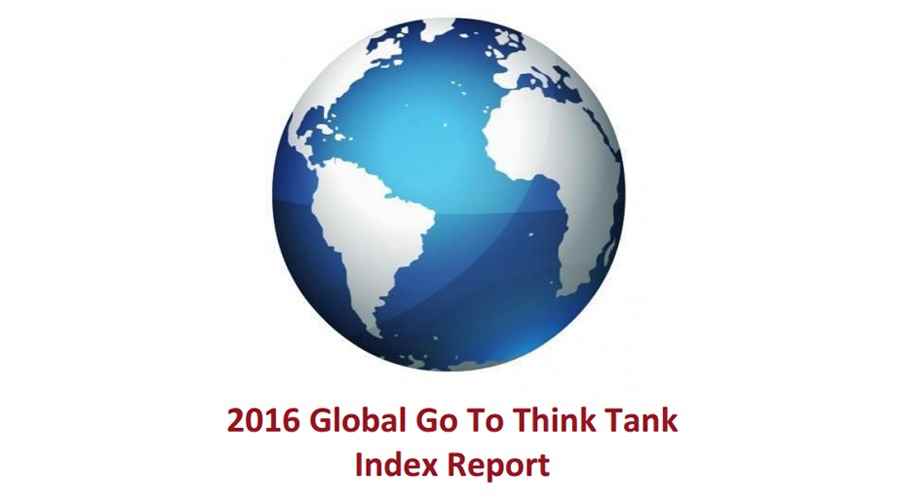The Future Center for Advanced Research and Studies (FARAS) based in Abu Dhabi, United Arab Emirates, has been featured in the University of Pennsylvania’s report “Global Go To Think Tank Index Report 2016,” an index that ranks the world’s leading think tanks, released on January 26, 2017. It has been ranked as one of the leading 75 think tanks in the Middle East for the second year in a row.
For the first time, FARAS managed to attain a ranking in various sub-categories that identify specific areas of strength and excellence of the various research centers worldwide, where it scored well in three different categories.
FARAS has been ranked as the first of the think tanks from the Arab region featured in the category of “Best Independent Think Thanks” achieving an overall ranking of 62 out of 148 think tanks and research centers from around the world, beating out competition from several influential research centers from around the world.
In the “Think Tanks with Outstanding Policy-Oriented Research Programs” category, FARAS held the 73rd position out of 84 think tanks, making it the only Arab think tank to be included in this category.
Furthermore, FARAS achieved a ranking of 43 out of 60 think tanks in the “Think Tanks with the Best Use of Internet” category, a category in which it was also the only Arab think tank to be featured in.
The Global Go To Think Tank Index Report, published by the Think Tanks and Civil Societies Program (TTCSP) at the Lauder Institute of The University of Pennsylvania, is the only report of its kind that ranks think tanks worldwide. The 2016 report, released on January 26, 2017 is the tenth edition since the inauguration of the index, and is considered the most prominent ranking in the world with regard to think tanks, and the main reference point for governments, donors and international organizations, in their interaction with the think tanks around the world. The report ranks influential think tanks on the global scale and in specific subcategories, such as impact on public policy, geographical region, or particular research topics.


